EDRi-gram, 14 July 2021
Whilst EU laws say that each of us is innocent until proven guilty, the prevalence of biometric mass surveillance practices across Europe flips this on its head. Each of us is treated as suspicious until ‘proven’ innocent, by often discriminatory and persecutory deployments of systems that never should have been rolled out in the first place.
-
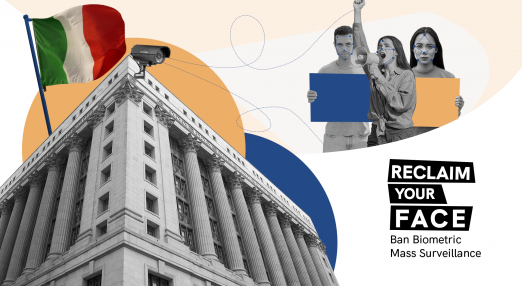
No place for emotion recognition technologies in Italian museums
An Italian museum trials emotion recognition systems, despite the practice being heavily criticised by data protection authorities, scholars and civil society. The ShareArt system collects, among others, age,...
-
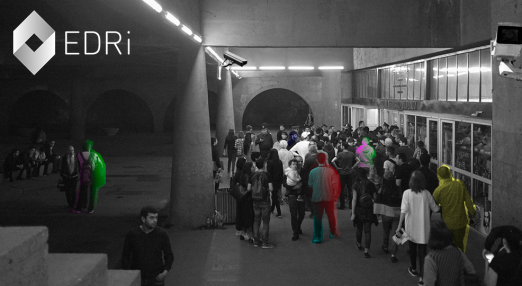
EU privacy regulators and Parliament demand AI and biometrics red lines
In their Joint Opinion on the AI Act, the EDPS and EDPB “call for [a] ban on [the] use of AI for automated recognition of human features in...
-
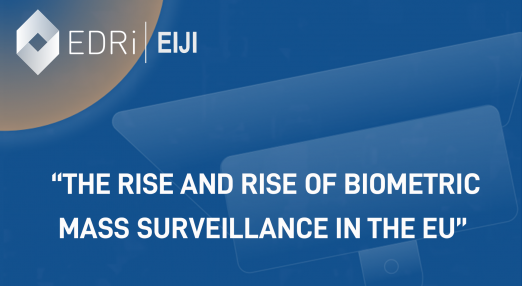
Booklet: Depths of biometric mass surveillance in Germany, the Netherlands and Poland
In a new research report, EDRi reveals the shocking extent of unlawful biometric mass surveillance practices in Germany, the Netherlands and Poland which are taking over our public...
-

It’s official. Your private communications can (and will) be spied on
On 6 July, the European Parliament adopted in a final vote the derogation to the main piece of EU legislation protecting privacy, the ePrivacy Directive, to allow Big...
-
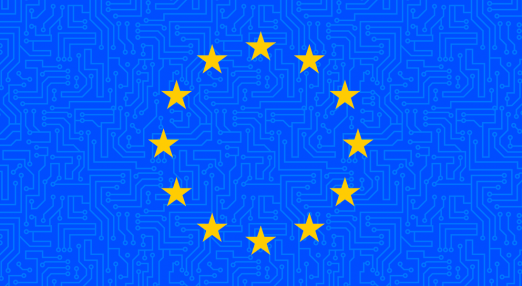
All hands on deck: What the European Parliament should do about the DSA
After the European Commission’s proposal for a Digital Services Act (DSA) in December 2020, no less than seven committees in the European Parliament are now drafting their reports...
-

They can hear you: 6 ways tech is listening to you
Voice recognition technology often violates human rights, and it’s popping up more and more. Recently EDRi's member Access Now called out Spotify for developing voice recognition tech that...
-
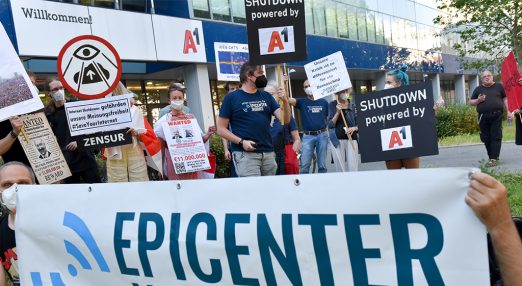
NGO demands disclosure of A1 Telekom Austria Group’s entanglements in Belarus
EDRi's member epicenter.works protested in front of the A1 Telekom Austria Group’s building in June 2021 to raise awareness of the involvement of the partially state-owned company in...
-

The Data Governance Act – between undermining the GDPR and building a Data Commons
Compared to the DSA and the DMA, the DGA has received relatively little attention, both from the digital rights community and, seemingly, from industry stakeholders. So far, the...
-
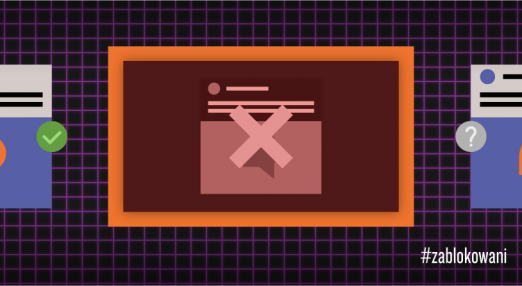
Who will not be blocked by Facebook? SIN wins the first court battle
The District Court in Warsaw (Appellate Division) upheld its interim measures ruling from 2019 in which it temporarily prohibited Facebook from removing fan pages, run by the Polish...
-

How one word took an entire organization off the air
EDRi's member Bits of Freedom cannot share this blog post with their supporters on Facebook. The reason for this: the word "QAnon" appears in it. This single word...
Recommended for the summer
Read
The Rise and Rise of Biometric Mass Surveillance in the EU
European Digital Rights
The report shows that in Germany, the Netherlands, and Poland, biometric systems are increasingly being required for accessing public services, travel, shopping and other everyday activities. As a result, people are being given the false ‘choice’ to either submit their sensitive data, or be excluded from society.
YouTube Regrets
Mozilla Foundation
In 2019, Mozilla collected countless stories from people whose lives were impacted by YouTube’s recommendation algorithm. People had been exposed to misinformation, developed unhealthy body images, and became trapped in bizarre rabbit holes. The more stories were read, the more it was realized how central YouTube has become to the lives of so many people — and just how much YouTube recommendations can impact their wellbeing.
Watch
We know what you did during lockdown.
James Graham, FT Film
We gave up our privacy to fight Covid-19, can we get it back? An FT film starring Lydia West and Arthur Darvill in collaboration with Sonia Friedman Productions and supported by Luminate. An interrogation scene explores how Covid-19 has exposed the tension between the need for data to track and trace, and the right to privacy and justice.
Watch here to see if we can get our privacy back.
#PaperBagSociety
Reclaim Your Face
The #PaperBagSociety is a social media challenge part of the #ReclaimYourFace campaign that invites everyone to share online the impact of living life with a paperbag on the head. With it, we aim to raise awareness of how ridiculous is to avoid facial recognition technologies in public spaces and why we need to build an alternative future, free from biometric mass surveillance.
See how a week in the #PaperBagSociety goes like here.
Listen
Biometric Surveillance
EDRi member, Citizen D
How to understand biometric surveillance technologies in the information society and how to establish relationships between privacy, security and technological progress? Where should the dividing line run and how should we discuss these challenges in the areas of regulation, industry and academia?
RightsCon
EDRi member, Access Now
RightsCon offers a platform for thousands of participants around the world to convene, connect, and contribute to a shared agenda for the future. This year a global community of business leaders, activists, technologists, policymakers, journalists, philanthropists, researchers, and artists explored opportunities to advance human rights in the digital age.
Listen to the recorded sessions here.
Do
Keep your private life a secret!
CNIL
How to safely surf online, recognise sponsored advertising, spot false information or phishing messages? How to manage your privacy settings on Facebook or Instagram, use strong passwords, react to account breaches or hacks? How to behave in case of inappropriate, mocking or even threatening messages on social networks, and if you are a victim of cyber-bullying? Test your knowledge about the protection of your personal data online!
Defend yourself against surveillance
EDRi member, Privacy International
People should be able to attend peaceful protests without the police using sophisticated surveillance tools to monitor, track and identify protestors indiscriminately. Unfortunately, police forces do increasingly use a wide range of surveillance capabilities at protests, like facial recognition tecnology, IMSI catchers and mobile phone data extraction tools. It means that by attending a protest, the police can potentially identify you, track you and monitor you.
Events
-
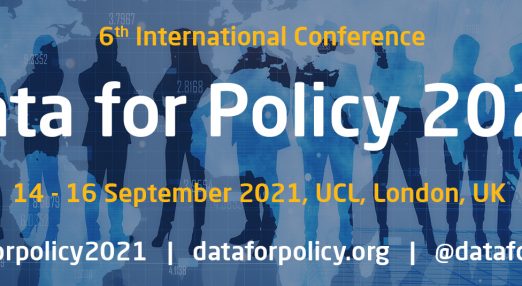
Data for Policy 2021
The sixth International Data for Policy Conference will take place in London in September 2021. The conference series is the premier global forum for multiple disciplinary and cross-sector...
-
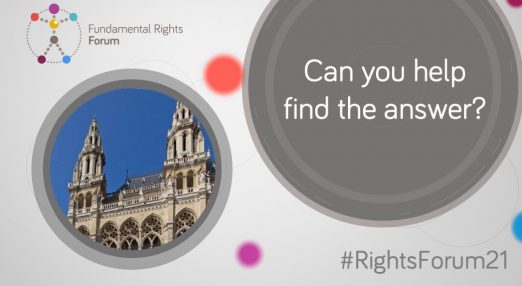
Fundamental Rights Forum 2021
The European Union Agency for Fundamental Rights has launched their call for proposals to host a session at the Fundamental Rights Forum 2021 (RightsForum21). This year they are...
-
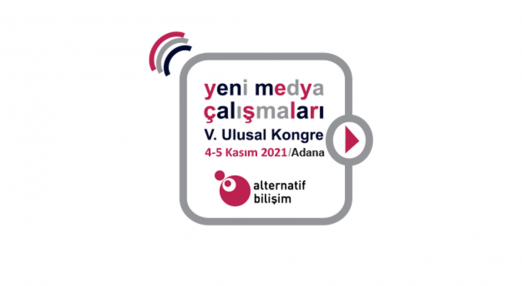
“Cultural Flow (s) and Mobility in the Age of Media Convergence”
EDRi's member Alternatif Bilişim hopes to come together with you around the following or other themes at the 5th New Media Studies National Congress, which will be held...
Jobs
-

Impact documentation specialist (consultant)
EDRi is looking for an external consultant who will run the research and retrospective production in the lead up to EDRi’s 20th anniversary.
-

Head of Global Public Policy & Government Affairs vacancy at Mozilla
Mozilla is looking for a Head of Global Public Policy & Government Affairs.
-

noyb is looking for a legal trainee
At noyb, they are continuously on the lookout for Legal Trainees who can help support them in their work on GDPR litigation and enforcement. As one of their...
-

GFF is looking for a Student Assistant in IT Support
The Society for Civil Rights (Gesellschaft für Freiheitsrechte e.V. or "GFF") is a young non-profit organisation that advocates for fundamental and human rights through strategically planned, managed and...
-

English proofreaders and EU languages translators needed
EDRi is looking for volunteers who can support with occasional translations and proofreading of our content such as publications, tweets, press material, blogs etc. We are open to...

